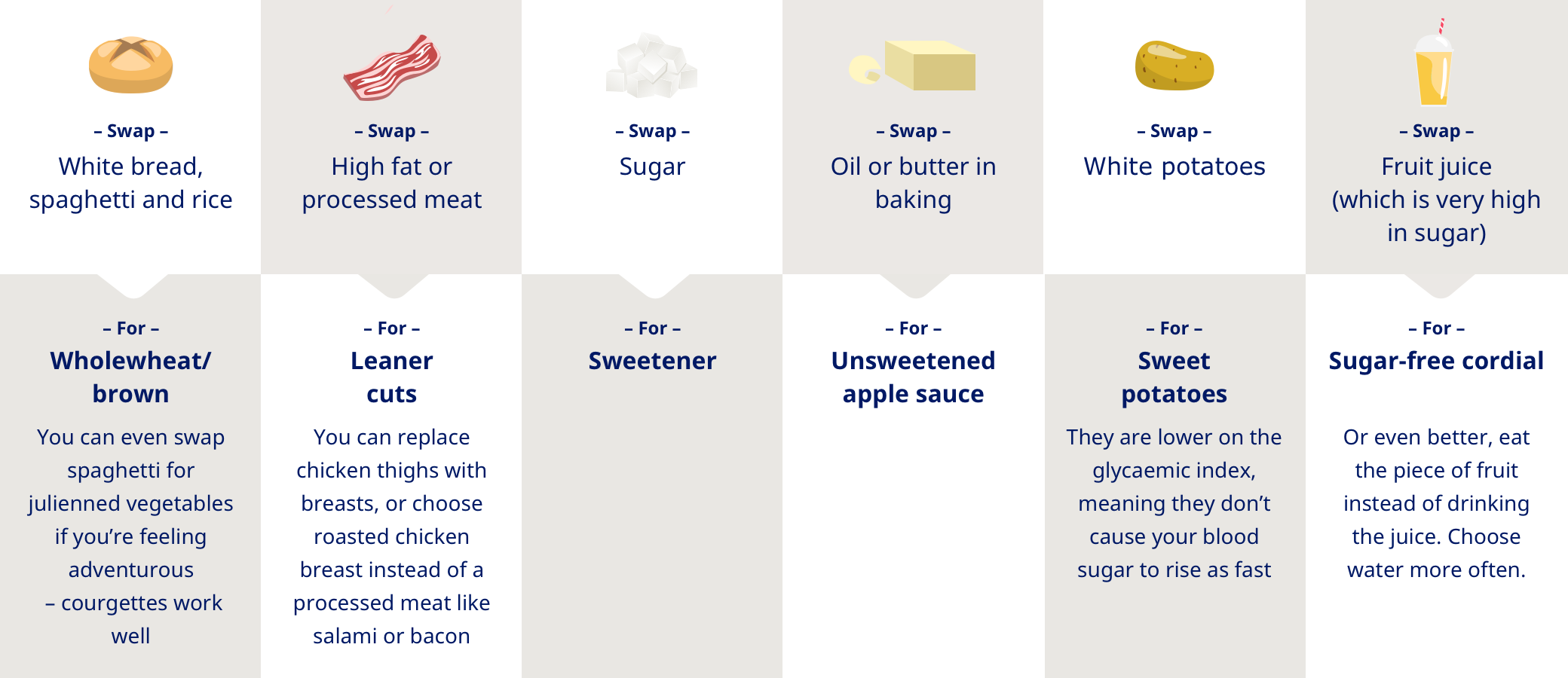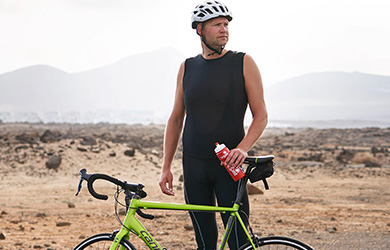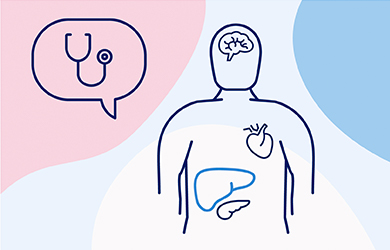Diet for type 2 diabetes
In its early stages or with prediabetes, type 2 diabetes can be
controlled with a healthier diet and regular exercise. A healthy, balanced diet is a powerful
tool for managing type 2 diabetes. It can help you keep your blood
sugar levels under control and improve your overall health and
well-being.
Whether you're looking to make a complete lifestyle change, or just searching for some healthy meal ideas, you'll find useful information and resources in this section.

Walter is living with type 2 diabetes
Germany
"I remember when I was diagnosed with type 2 diabetes - I didn't know how I was going to navigate that table."
Making healthier food choices
Eating healthy when you have diabetes can be difficult, especially
when it seems easier just to choose something convenient or to have
what everyone else is having. But eating well means learning to make
healthy choices for you – regardless of where you are or who you are
with.
A nutritious menu doesn't have to cost more or take longer to prepare. Your diabetes care team can help you create a healthy meal plan that fits with your daily routines.
Important tips for type 2 diabetes
Eat regularly
Balance the amount you eat
against your physical activity and your medication (if you take any)
Simple swaps and diet changes
Diet changes do not necessarily have to mean saying goodbye to all of your favourite foods. Small changes can make a big difference to your diet. For instance, you can change the way food is prepared. Here are six simple food swaps that can make your meal instantly healthier.

Carbohydrates matter
Another part of making healthier food choices is being aware of the carbohydrates in food. It is important to read the labels on foods so you know their carbohydrate content. Glucose is a carbohydrate, so the amount and type of carbohydrate you consume may affect your blood sugar levels, as well the dosage of insulin you need if you are on insulin treatment.
Simple carbohydrates
- Include fruit, honey, white bread and dairy
- Give food a sweet taste
- Raise blood sugar levels quickly
Complex carbohydrates
- Include potatoes, brown bread, pulses and oats
- Contain more fibre and take longer for the body to absorb
- Raise blood sugar levels more slowly
Keeping track of your carbohydrate intake – also known as 'counting carbs' – can be complicated, but there are lots of tools, apps and online references available to help you get started.
"What if we started thinking of food as fuel?"



